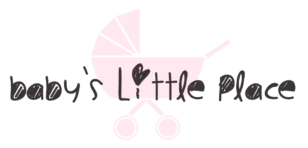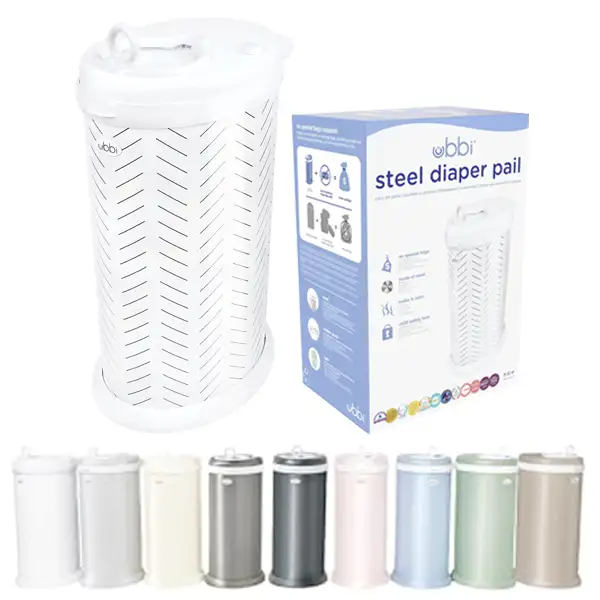If the label says “flushable,” then wet wipes should be able to go down the toilet, right?
Unfortunately, not really. Even though some wipes are marketed as flushable, the truth is most of them don’t break down the way toilet paper does, and flushing them can cause more problems than you’d think.
We’ve researched this topic in depth and spoken to plumbing experts and parents alike, and the consensus is loud and clear: don’t flush baby wipes.
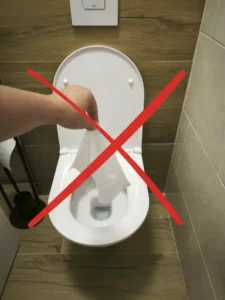
Can Baby Wipes Really Break Down in Water?
Despite what the packaging claims, baby wipes, whether flushable or not, are typically made from durable materials such as polyester, plastic blends, and bamboo fibers. These materials are designed to stay strong when wet, which is great for cleaning diaper messes but terrible for plumbing.
Unlike toilet paper, which is engineered to dissolve quickly in water, most baby wipes stay fully intact. In fact, a Canadian study tested 101 products labeled as “flushable,” and not a single one passed the test for safe breakdown in sewer systems. That’s a strong signal that they simply aren’t made to go in the toilet.
What If You Try to Dissolve Them at Home?
Even if you’re not flushing them, you might wonder: Can baby wipes break down in water over time?
Technically, some wipes made from plant-based or biodegradable fibers can break down eventually. But that process takes months or even years under ideal conditions, like in industrial composting facilities. Inside your plumbing or septic system, that breakdown just doesn’t happen fast enough.
Try placing a wipe in a jar of water for a few days. You’ll likely find it unchanged, still floating, still fully intact. That long-lasting durability is helpful when cleaning skin, but it becomes a real hazard in your pipes.
And despite what you may hear online, there are no home remedies, not hot water, vinegar, or baking soda, that can safely or effectively dissolve baby wipes once they’re stuck in your plumbing. By the time you notice a clog, the damage may already be done.
Real-Life Test: Toilet Paper vs. “Flushable” Wipe After 4 Hours
To put it to the test ourselves, we submerged a sheet of toilet paper in one jar and a “flushable” baby wipe in another. After just 4 hours, the difference was already clear:
- The toilet paper had started breaking down significantly.
- The wipe remained fully intact.
This simple side-by-side test shows what plumbers already know—most wipes, even flushable ones, simply don’t break down like toilet paper.
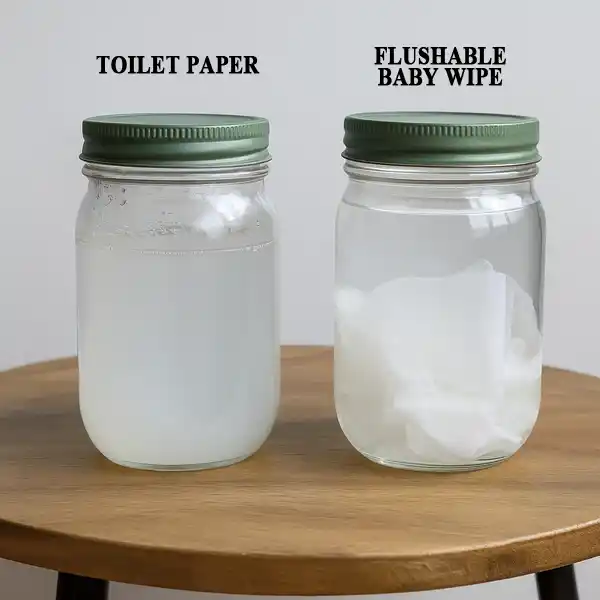
? Notice how the wipe remains intact while the toilet paper is almost fully dissolved.
What Really Happens When You Flush Baby Wipes?
When wipes don’t dissolve, they often clog pipes, get caught in sewer systems, or combine with grease to form what experts call fatbergs, giant, solid masses that can completely block sewage systems. These blockages cost cities millions of dollars every year to remove, and they can also lead to sewer backups into homes. Not exactly what you want when you’re already knee-deep in diapers.
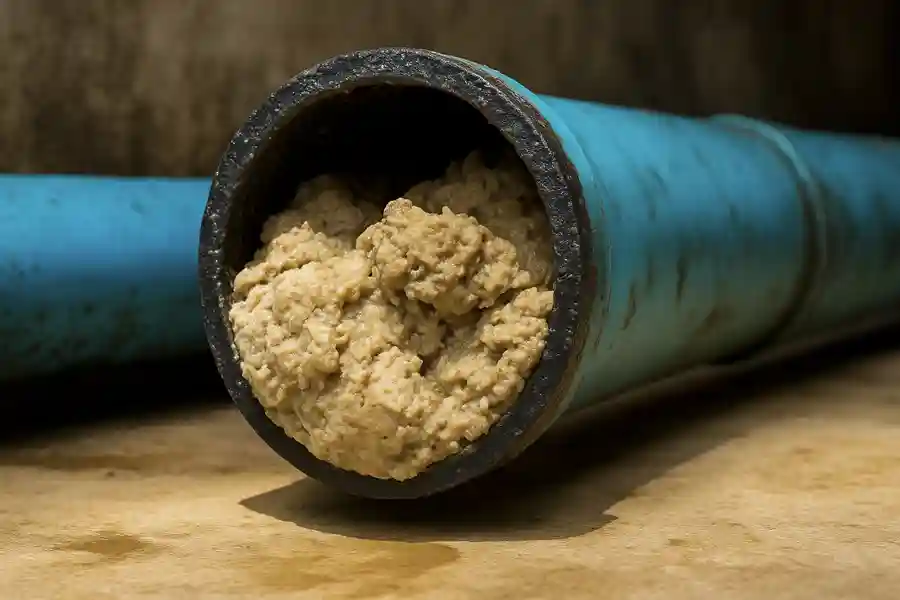
New York City’s Department of Environmental Protection has called wipes one of the top causes of sewer issues in the city. Many other wastewater utilities across the U.S. have echoed the same warning.
Even if a wipe does make it through your home’s pipes, it could still wreak havoc downstream. One plumber we talked to told us:
“I’ve pulled out dozens of wipes from home plumbing systems, even the so-called flushable ones. They just don’t break down like toilet paper does.”
So Why Are Some Baby Wipes Labeled “Flushable”?
That’s the million-dollar question—and honestly, it comes down to marketing and weak regulation.
Some brands label their wipes as “flushable” because they technically pass through a toilet and don’t immediately cause a clog. But that doesn’t mean they disintegrate the way toilet paper does. In fact, there’s no universal, government-mandated standard in the U.S. that defines what “flushable” really means.
Some brands do make an effort to create more breakable, water-dispersible wipes, but they still don’t compare to the rapid breakdown of toilet paper. Most plumbers and municipal wastewater authorities agree: Flushable wipes are not truly safe for your plumbing or the environment.
Smart Solutions to Keep Your Pipes and the Planet Safe
The good news? Avoiding plumbing problems is easy—just don’t flush baby wipes. Here are some parent-friendly tips:
- Always toss used wipes in the trash. Keep a diaper pail or small waste bin near your changing station.
- Use a flushable liner or disposable wipe pouch when on the go, so you’re not tempted to flush in public restrooms.
- Switch to reusable cloth wipes at home if you want to reduce waste. A little warm water and a soft cloth can go a long way.
- Teach your kids early not to flush anything other than toilet paper. Curious toddlers can cause big backups!
- Use wipes responsibly. Even biodegradable or compostable wipes belong in the trash (or compost bin, if allowed)—not the toilet.
Award-Winning Diaper Pail:
Final Thoughts: Just Don’t Flush Them
We know it’s tempting, especially during those sleep-deprived, messy moments. But flushing baby wipes—flushable or not—is never worth the risk. Between the plumbing repair bills and the environmental impact, it’s just not a safe or sustainable option.
Instead, follow the golden rule of parenting and plumbing: If it’s not pee, poop, or toilet paper—it doesn’t go in the toilet.
And if you’re ever unsure, toss it in the trash. Your pipes (and your plumber) will thank you.
Sources we trust:
- New York City Department of Environmental Protection
- Canadian Consumer Study on Flushable Wipes (Ryerson University)
- National Association of Clean Water Agencies (NACWA)
- Real-life experiences from parents and licensed plumbers we’ve spoken to
